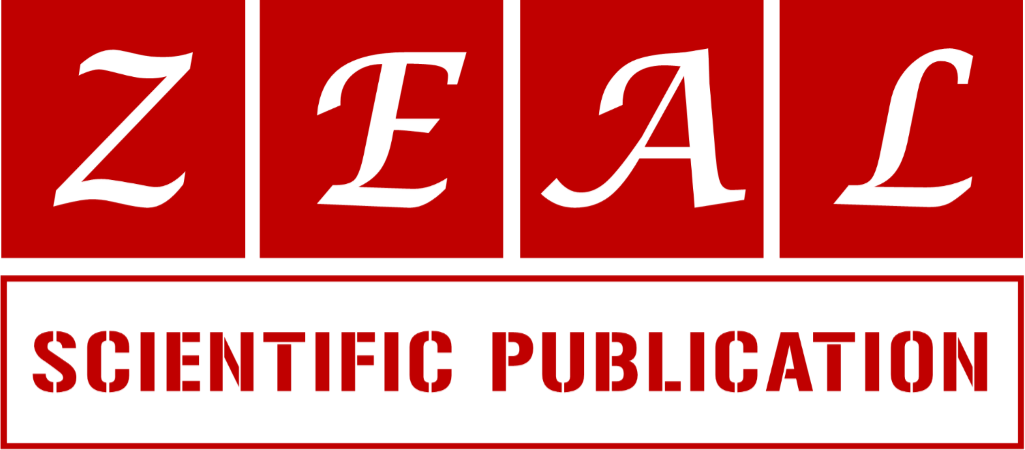Ovarian pregnancy after in-vitro fertilization with embryo transfer: A case report
1 Department of Obstetrics and Gynaecology, Enugu State University of Science and Technology Teaching Hospital, Parklane, Nigeria.
2 Department of Pharmacology and Therapeutics, Chukwuemeka Odumegwu Ojukwu University, Awka, Nigeria.
Case Study
World Journal of Advanced Pharmaceutical and Medical Research, 2024, 07(01), 022–025.
Article DOI: 10.53346/wjapmr.2024.7.1.0042
Publication history:
Received on 28 June 2024; revised on 09 August 2024; accepted on 12 August 2024
Abstract:
Background: Ovarian pregnancy, a rare but life-threatening complication, has seen an increase in incidence with the development of assisted reproduction technology (ART). The exact mechanism of ovarian pregnancy after IVF remains unclear; however, factors such as reverse migration of embryos and in-vivo fertilization of anovulated oocytes have been proposed.
Case Presentation: We present a case of a 42-year-old woman with poor ovarian reserve who underwent IVF-ET using donor follicles. Despite adherence to instructions against coitus during and after the IVF cycle, a transvaginal ultrasound revealed a right ovarian pregnancy, which ruptured during ultrasound examination. The patient underwent exploratory laparotomy, and had a satisfactory recovery.
Conclusion: This case emphasizes the importance of considering ovarian pregnancy in the differential diagnosis of ectopic gestations post-IVF as early recognition and intervention are paramount for optimal patient outcomes. Surgical treatment with wedge resection of the ovary alongside the gestation or product of conception has been considered gold standard of care.
Keywords:
Ovarian pregnancy; Ectopic pregnancy; In vitro fertilization; Embryo transfer; Wedge resection; Oophorectomy
Full text article in PDF:
Copyright information:
Copyright © 2024 Author(s) retain the copyright of this article. This article is published under the terms of the Creative Commons Attribution Liscense 4.0
